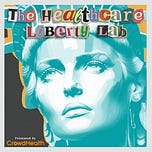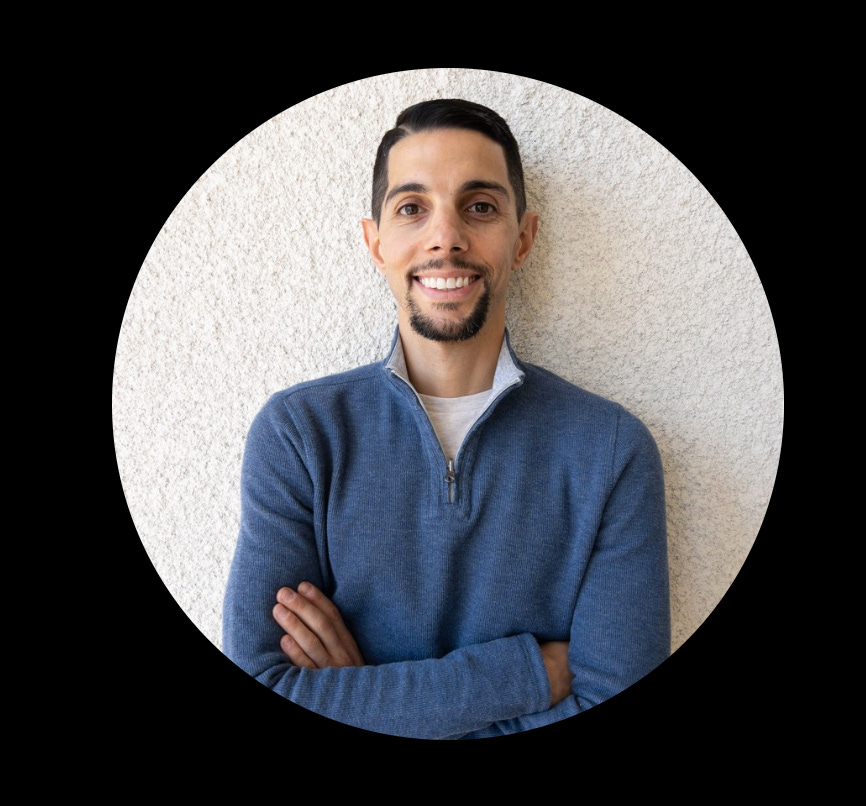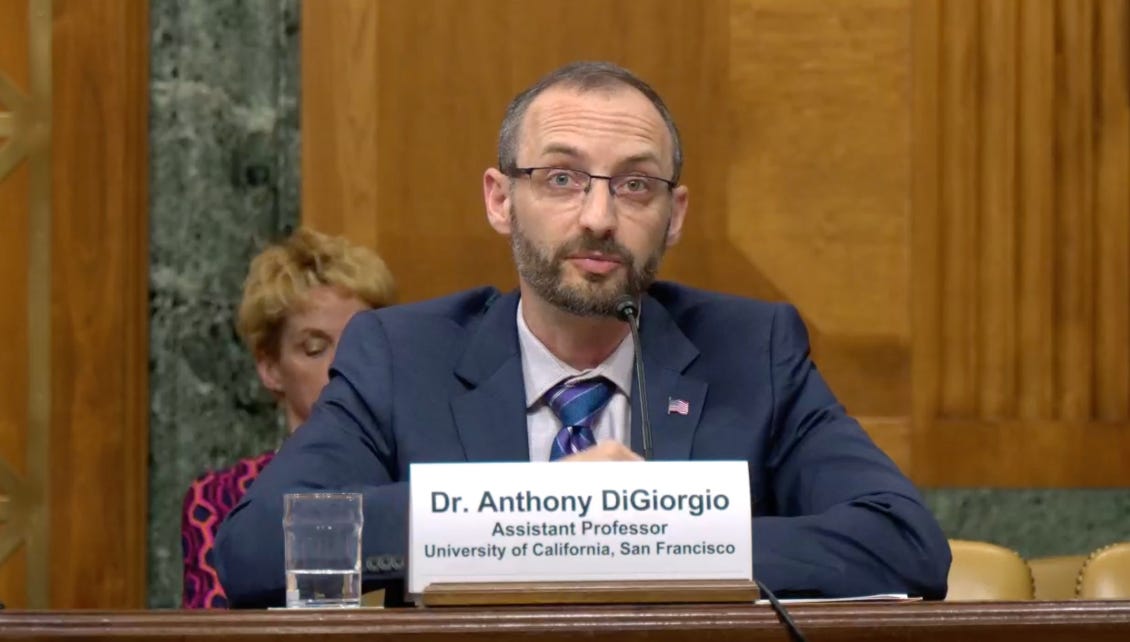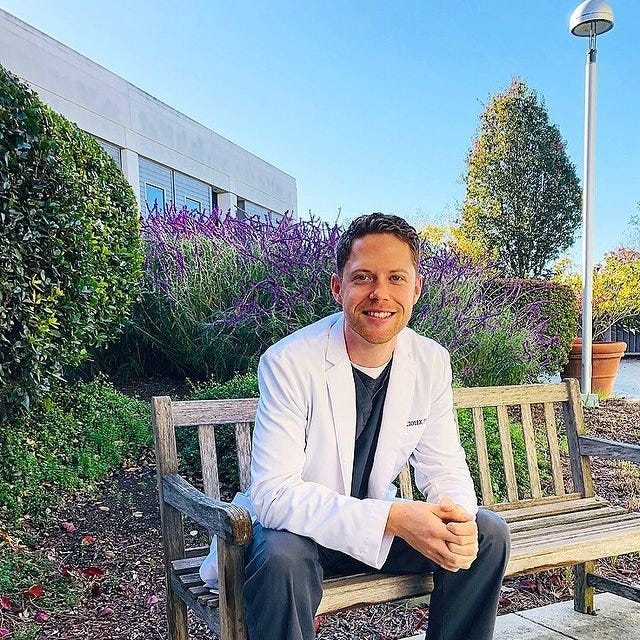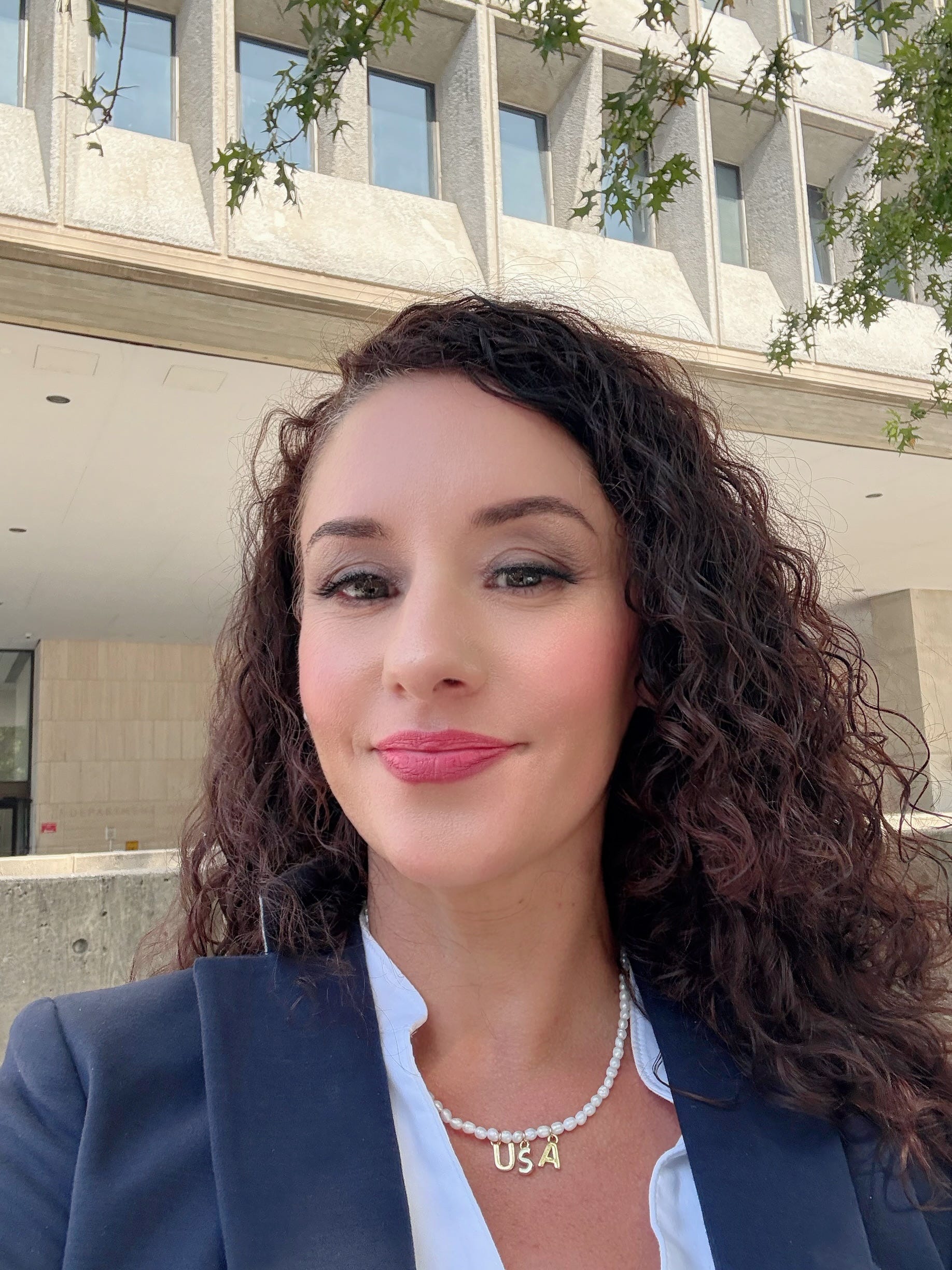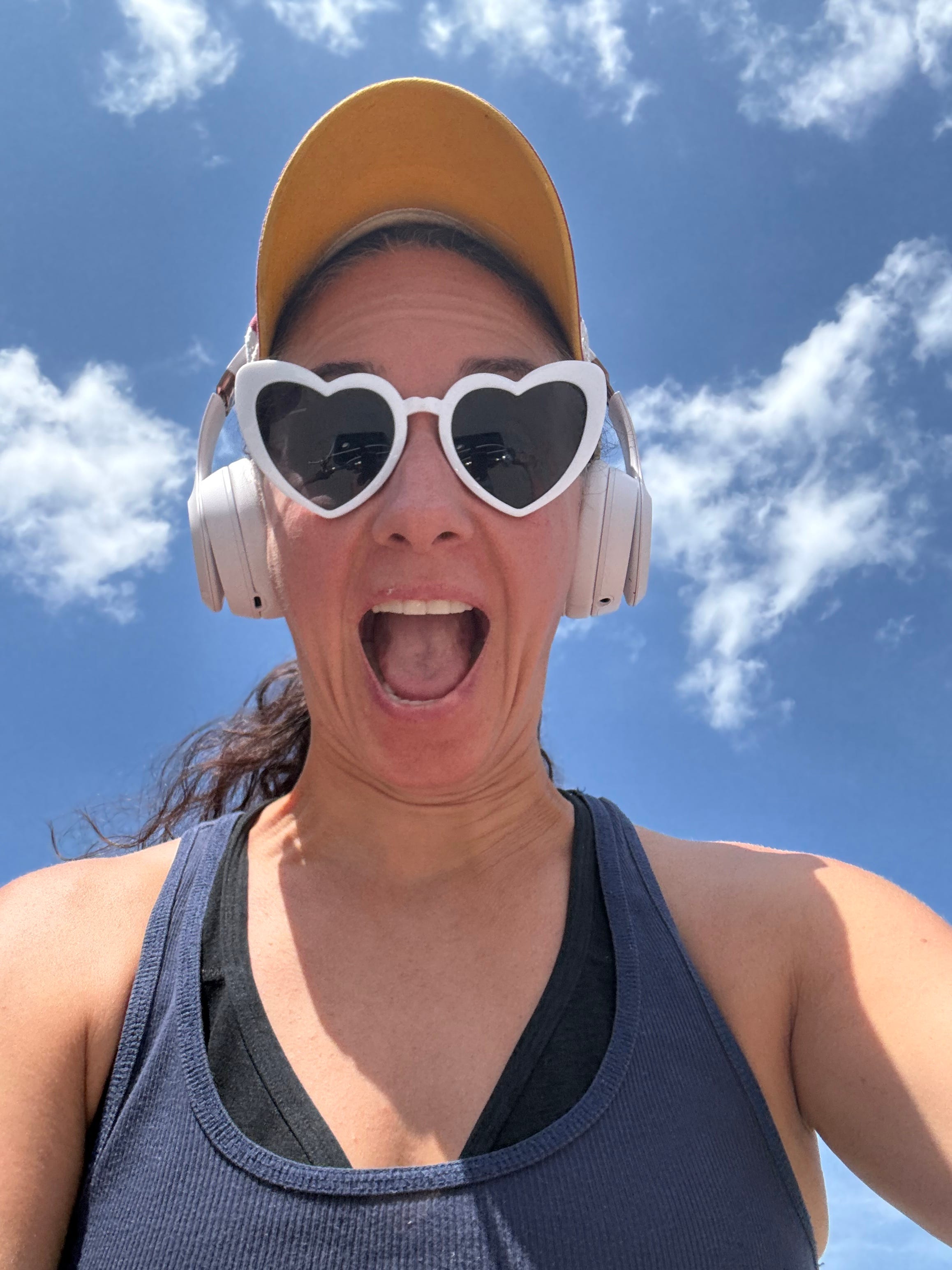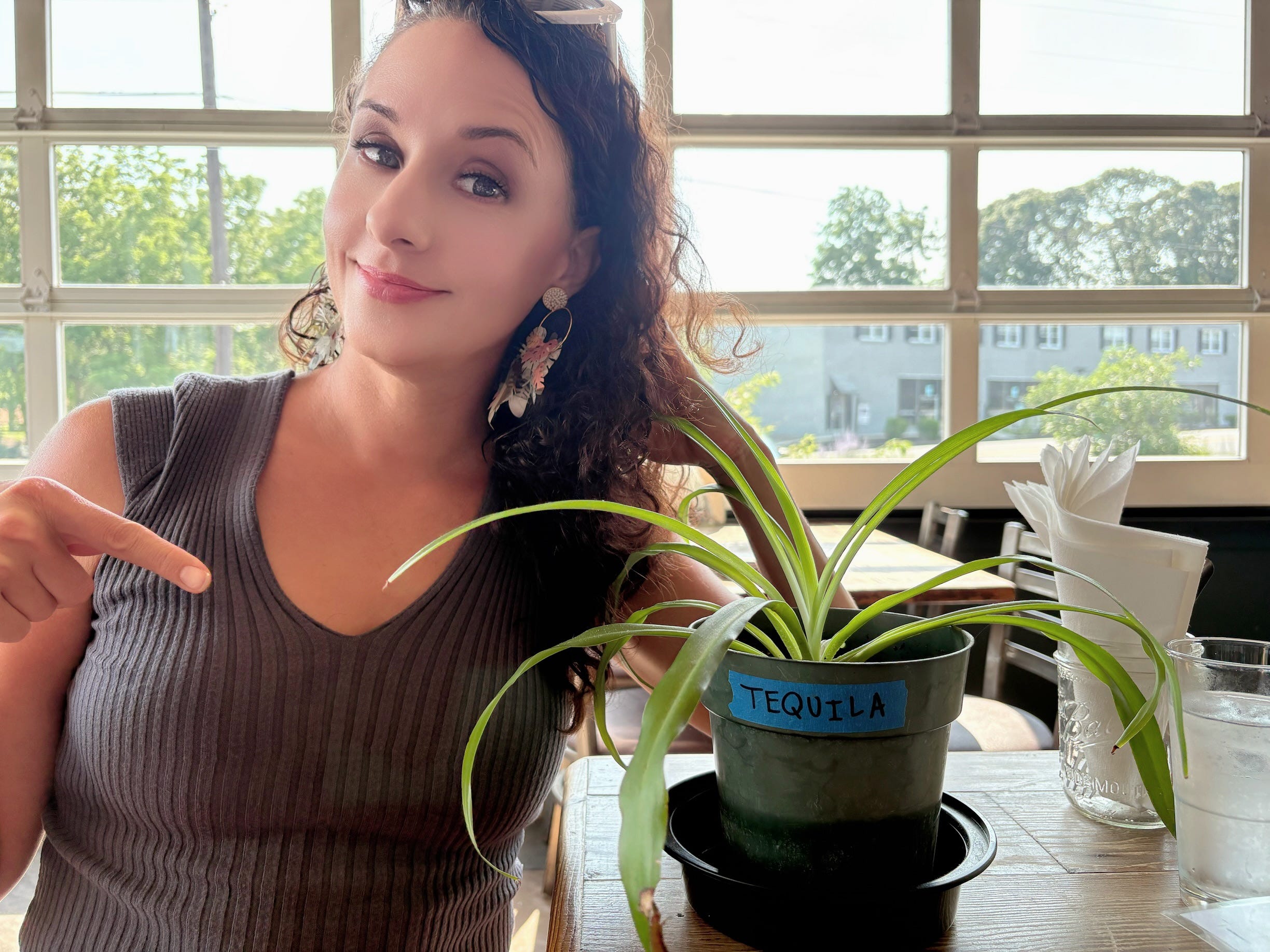Your mental health isn't broken—it's just stuck in an outdated system designed to mask symptoms, not cure them.
Traditional treatments are failing 60% of people with mental health conditions. Yet most continue popping pills that don't work, talking to therapists who aren’t helping them break through and wondering why they never feel whole.
I sat down with two pioneers disrupting this broken model: Dr. Jeffrey Gold of Gold Direct Care and Sherry Rais, CEO of Enthea.
What they revealed will transform how you think about mental health treatment forever.
The Mental Health Crisis Nobody's Talking About
The statistics hit hard:
* Mental health is now the leading cause of disability worldwide.
* 76% of employees have at least one mental health symptom
* This costs employers $3.7 trillion annually
* Every 40 seconds, someone takes their own life globally
But here's what we don’t say: the system isn't designed to fix the problem.
We've made it more normal to talk about our mental health, which is great. Not so normal to find solutions.
Reality check: When was the last time you heard someone say "I had depression but I cured it completely with my SSRI"?
Never happens.
Why Your Antidepressants Are Keeping You Sick
The pharmaceutical industry doesn't want you to notice, but their products are failing spectacularly:
* SSRIs only work well for about 15-20% of people
* 57% experience moderate to severe side effects
* Up to 60% of people with mental health conditions find traditional treatments ineffective
As we observed in our conversation: You never hear someone come in and say, 'I used to take Zoloft. But then my depression was cured and now I don't have this issue anymore.' This is not the story."
The truth? These treatments were never intended to cure you. They are prescribed to manage symptoms as long as you need them - indefinitely.
The Psychedelic Renaissance: Mind-Blowing Research
While you've been struggling with treatments that don't work, researchers have been quietly exploring and documenting their results with psychedelic therapies:
* Over 100 clinical trials involving psychedelics registered with the FDA
* Over 30,000 published articles in peer-reviewed journals
* Several states (Colorado, Oregon, New Mexico) legalizing psilocybin therapy
The reports are nothing short of revolutionary:
* MDMA-assisted therapy: 65% of PTSD patients no longer meet the criteria for PTSD
* Ketamine-assisted therapy: 86% of heavy drinkers abstinent at one-year follow-up
* Psilocybin therapy: 80% of heavy smokers abstinent at one-year follow-up
How can we not be exploring options like this for alcoholism if we're getting an 86% success rate?
The answer? It would requires open-mindedness and a complete shift of the narrative. A 180 degree turn away from the status quo. And just maybe, the industry has incentive to resist, since there's really no profit in curing people.
What Are Psychedelics Really Doing To Your Brain?
The short answer is: we don’t everything, but here’s what we do know.
Psychedelics (from "psyche" meaning mind and "delic" from "delōs" meaning manifesting) are substances that allow access to altered states of consciousness.
As Rais explained: "The word literally means mind manifesting... bringing our mind in front of us. So there's a lot of stuff happening in our mind, in our brain that we can't see... And so psychedelics, they say sort of lift the veil and allow us to tap into these other states of consciousness."
What makes psychedelics different from other treatments is their ability to increase neuroplasticity in the brain- creating new neural connections and breaking negative thought patterns that have kept you stuck for years.
Dr. Gold points out that, it isn't about getting high, it's about healing at the deepest level of your consciousness.
How Ketamine Therapy Actually Works
Ketamine is currently the only legal psychedelic that can be prescribed by physicians.
Here's the process Sherry and Dr. Gold discussed:
* Assessment: Medical screening to ensure you're a good candidate
* Preparation: Sessions with a therapist to establish rapport and set intentions
* Medicine Sessions: Ketamine administered via IV, injection, or lozenge in a comfortable setting
* Integration: Post-experience sessions to process insights and cement positive changes
Most patients undergo about six ketamine sessions, though individual needs vary.
The experience itself? "It's a dissociative. So you will be in an altered state. It's kind of like an out-of-body experience," explains Rais.
The Critical Distinction You Need to Understand
This isn't about recreational drug use. It's about therapeutic application under professional guidance.
"This isn't going to a Grateful Dead show and dropping LSD or mushrooms," Dr. Gold emphasized. "We're talking about using it in a way that is monitored with a professional guide, sitter, therapist, physician."
Both experts acknowledged that psychedelic treatments aren't without risks. While ketamine has been used safely in medical settings for decades, proper screening and monitoring are essential.
For patients interested in learning more about these options:
* Talk to your Primary Care provider: If you have a direct primary care physician, discuss whether ketamine therapy might be appropriate
* Research providers: Look for clinics that offer the full protocol (preparation, medicine sessions, and integration)
* Advocate at work: If you're in a position to influence your company's benefits, consider sharing information about Enthea's services
* Stay informed: Follow developments in your state regarding the legal status of various psychedelic therapies
The Future Is Already Here
Dr. Gold envisions a healthcare ecosystem where direct primary care and psychedelic therapy work together to provide comprehensive, affordable mental health solutions.
"If we can make direct primary care, ketamine-assisted therapy, all these things part of that process and get them available to the most number of people possible at the most affordable rate possible, then that's where the magic happens."
For Rais, the key is accessibility. Access to therapies that actually work while reducing healthcare costs and improving productivity would change everything.
What This Means For You
The mental health crisis demands a range of solutions, and you deserve to know all your options.
Of course you have to work closely with qualified healthcare providers to determine which approaches might be appropriate for your specific needs.
But know this: the future of mental health treatment isn't about managing symptoms forever—it's about healing the root causes of suffering.
That future is already here for those willing to explore it.
The Healthcare Liberty Lab is brought to you by CrowdHealth. If you are ready to take control of your health and experience freedom from health insurance go to joincrowdhealth.com and use code “Liberty Lab” for $99/month for the first 3 months. It’s the best.
See you next week!
Tiffany
*Never medical or financial advice
This is a public episode. If you would like to discuss this with other subscribers or get access to bonus episodes, visit thehealthcarelibertylab.substack.com


